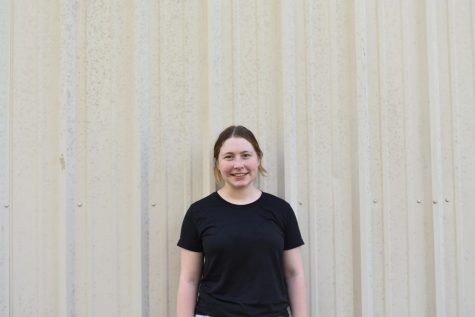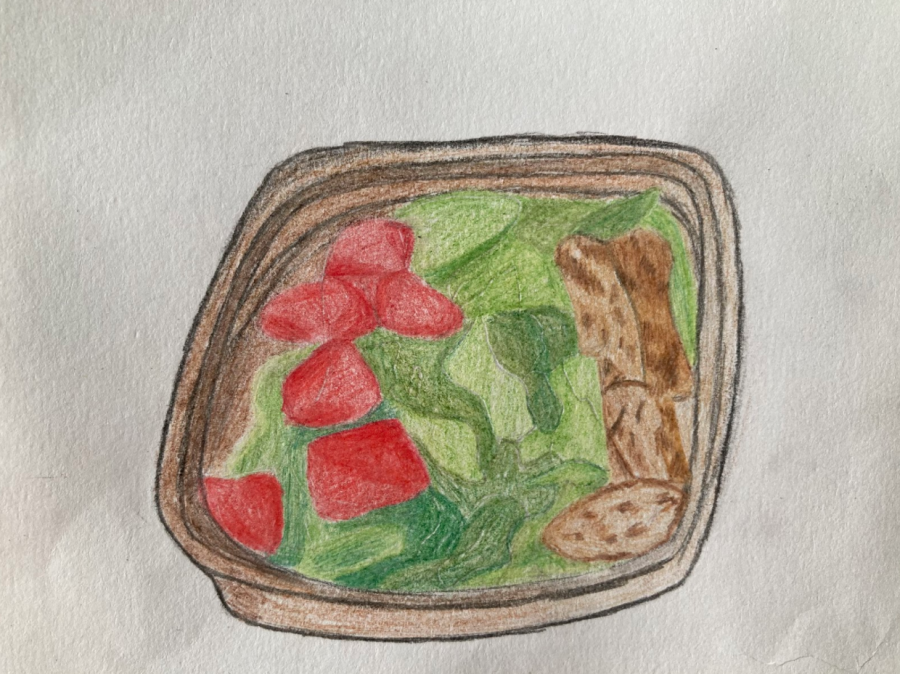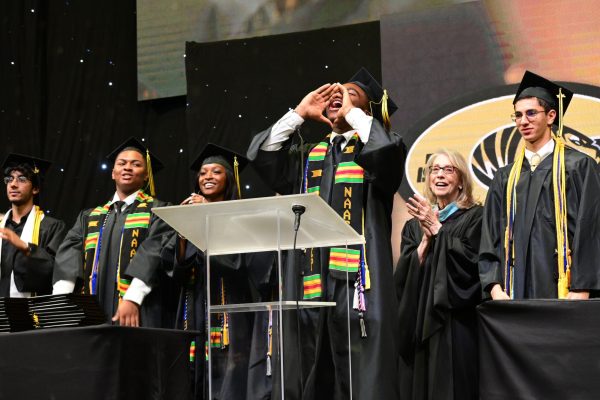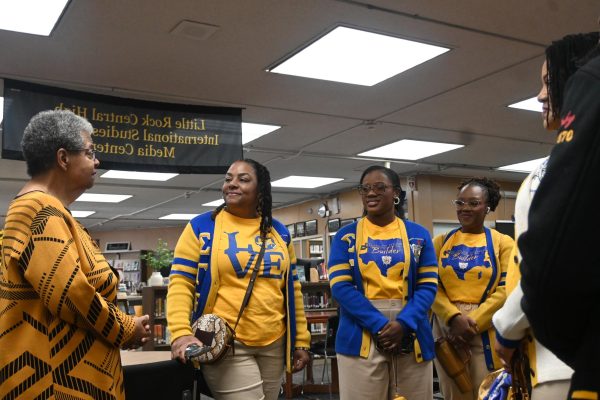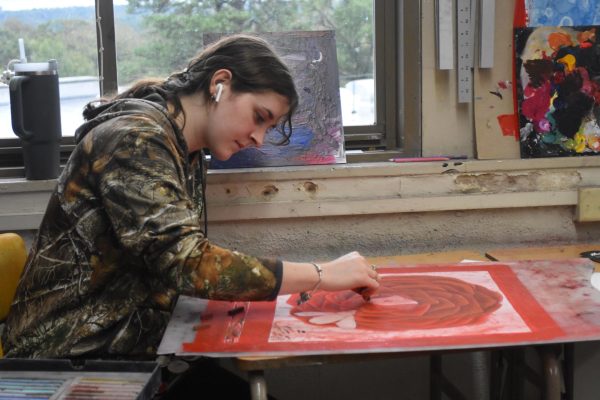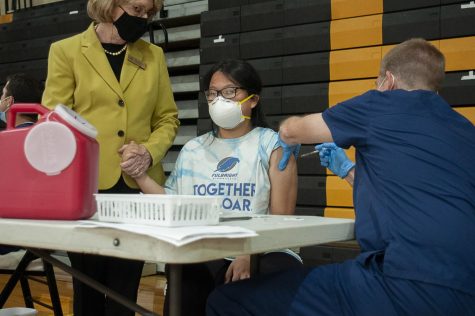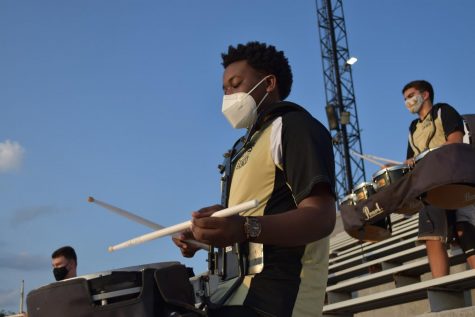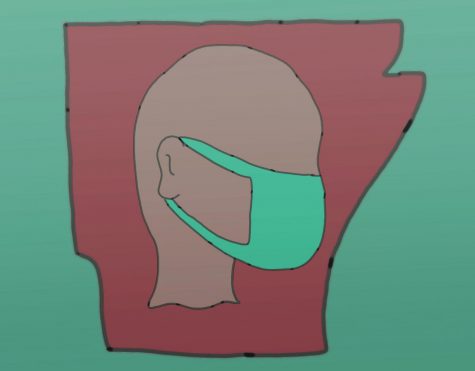Colleges in the Age of COVID
Opening colleges and schools on a national level was up in the air all summer. Two central graduates, Marilyn Ronnel and Mollygrace Harrell, talked about the impact of opening school back up in and out of state and how it affects them.
Ronnel, a graduate from Central in 2019 who now attends New York University as a Nutrition and Dietetics major, gave some insight into how colleges are dealing with the quarantine procedures and meal services out of state. Harrell now attends Schedler Honors College at University of Central Arkansas as an English and Spanish major, and gave some insight into how Arkansas is handling quarantine procedures and meal services.
While some students entering schools have not necessarily been exposed to COVID-19, some colleges are requiring a two week quarantine once they have gotten settled into their dorms. This was true for NYC, but not UCA. New York University decided to do their testing differently than other universities.
“NYU students who are not from the tri-state area are required to quarantine for two weeks and get tested twice before classes start,” Ronnel said.
University of Central Arkansas did not require a two week quarantine policy, but masks are required, and social distancing in main campus buildings or cafeterias is enforced.
“We have a no visitor policy, so we are not supposed to visit dorm buildings that are not our own, although we can hang out with people that live in the same building,” Harrel said.
With this isolation policy in place, meal delivery has been the next thing colleges must think about, since students cannot leave their rooms except to get tested.
“NYU promised dorm quarantine students two delivered meals a day, in compliance with their dietary restrictions. However, there have been incidents where students did not receive a meal or were given something that directly contradicts their said restrictions,” Ronnel said.
Students at UCA were able to socially distance and eat in cafeteria buildings and didn’t have a meal delivery service, except for specific positive and negative testing dorms.
“The cafeteria has expanded their food choices since the beginning of the year, now including at least one vegetarian or vegan option per meal. At the beginning of the year, they only had a choice of two. One of my roomates is Muslim, so she couldn’t eat what was provided.
Now, the cafeteria offers salads, vegan black bean burgers, and a deli bar,” Harrel said.
Ronnel, a Nutrition and Dietetics major, is noticing the meals to be nutritionally inadequate.
“One of my friends was graciously provided two pieces of celery, peanut butter, and an orange for her dinner this past week, and was not given breakfast the day before,” Ronnel said.
This being said, not every student has the ability to have food delivered to their dorm three times a day, making this lack of caloric intake quite problematic. Now that colleges were exposed through large scale social media platforms such as Tik Tok for videos of what was being provided, they have made better efforts feeding their students proper meals and enforcing stronger social distancing rules.
